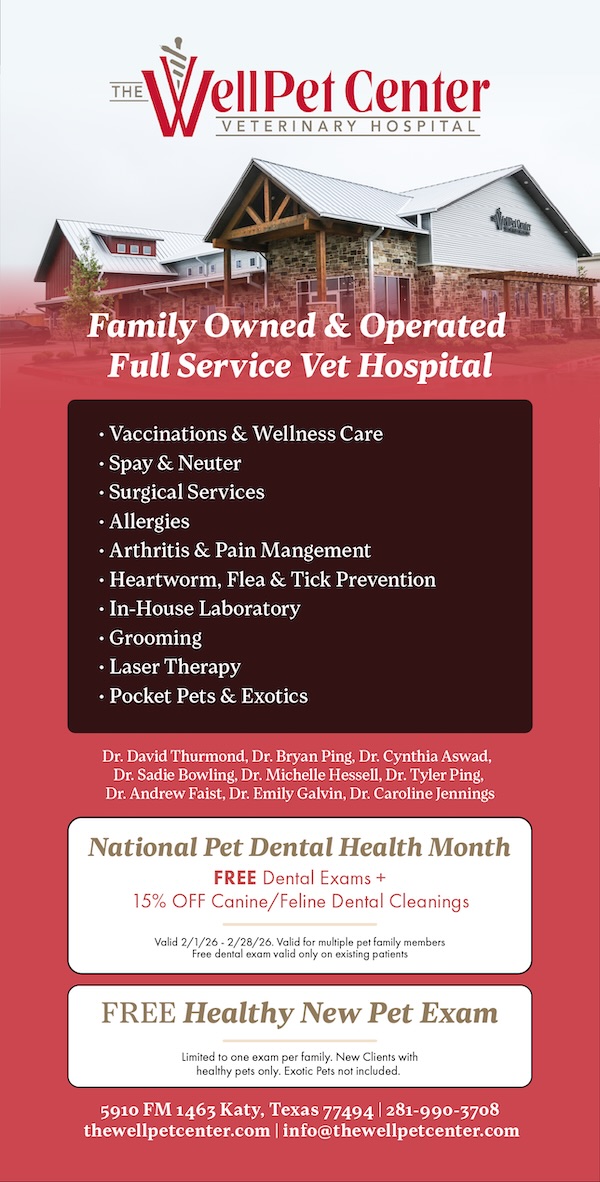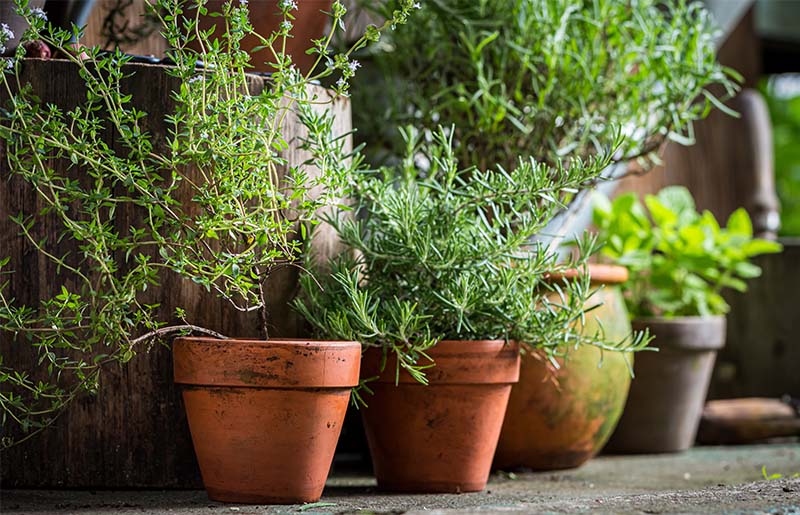
Fort Bend County Master Gardeners: Growing Herbs Made Easy
Cooking with fresh herbs is a delightfully fragrant, delicious way to add a burst of flavor to your home cooked meals. But the current cost of groceries can make using fresh herbs cost prohibitive for many home cooks. So, why not grow your own?
If exercising your green thumb sounds like a daunting task, fear not. Growing herbs at home doesn't have to be a complex horticultural project that consumes all of your down time. If that's your thing and you want to spend your recreational time in the garden, fantastic! Otherwise, you can still have your herbs and eat them, too.
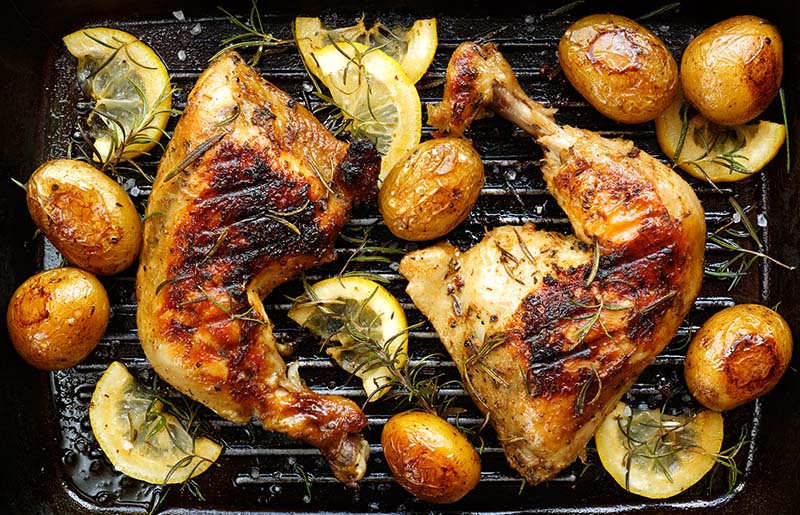
Your friendly, resourceful and local Fort Bend County Master Gardeners have devised several practical tips to help set you up for success as you embark on your herb garden journey.
For starters, you don’t need a lot of space to grow herbs. Choose your favorite herbs and plant them in raised beds, such as a galvanized planter, or in containers like ceramic or terracotta pots. You can even grow many herbs indoors, such as Basil, Chives, Rosemary, Parsley and Mint. Just put them near a window with bright light. If your kitchen window gets good sun, the windowsill is prime real estate for your herbs because you will likely see them more often and be reminded to water and use them.
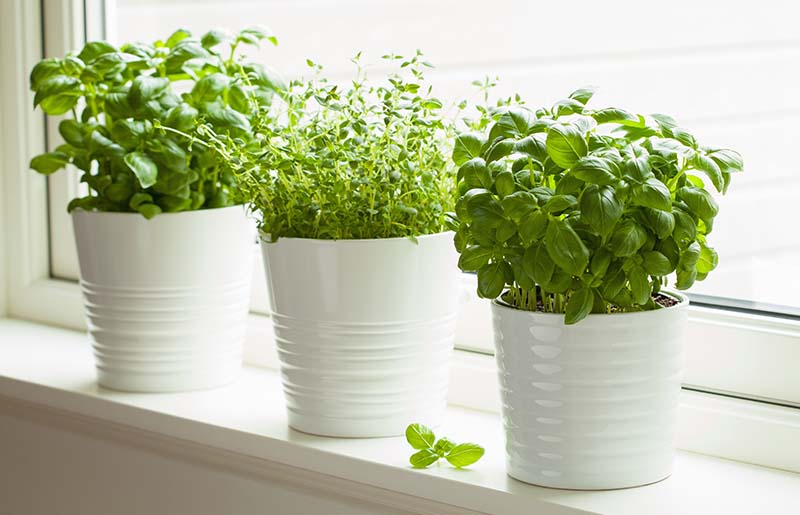
Herbs can be annual, biennial, or perennial. Whether you are a seasoned gardener or not, you may be wondering what differentiates these plant types.
- Annuals complete their life cycle in one year.
- Biennials generally grow the first year and then flower and fruit the second year before they die.
- Perennials return year after year.
According to the Fort Bend County Master Gardeners, the most important factor for growing herbs is that they have good drainage. To provide an environment for your herbs that allows for proper drainage, 8-12 inches of loose soil is recommended. Furthermore, planting herbs in containers makes it easier to control drainage, especially when mulch is sprinkled on top of the soil.
If you are more interested in planting your herbs in the ground, ensure that your herbs are higher than the rest of the planting area to promote adequate drainage. Before planting, work compost into your soil for a nutrient boost. Not sure what compost is, or want to know more about how to make it? Check out this article written by a Fort Bend County Master Gardener about all things compost. Finally, top dress the planting area with a healthy layer of mulch, about two inches, to help your soil retain moisture and discourage weeds from germinating.
For ongoing maintenance, simply add fertilizer like finished compost, slow-release balance fertilizer or liquid fertilizer to your herbs twice per year for your in-ground herb plantings, and more frequently to those planted in containers. Like people, plants need nutrients on a regular basis, too! That's where regular watering, good soil and fertilizer maintenance come in. So long as you have optimal growing conditions for your herbs, you will not need to worry about pests or pest management. However, if you to observe harmful pests on your plants, the Fort Bend County Master Gardeners recommend washing off bugs with a hose, using insecticidal soap and avoiding chemical pesticide.
The best part about growing herbs is eating them! By pruning and harvesting your herbs to use them in your home cooked meals, your herb plants will be stimulated to produce more herbs. It's a win-win! When it's time to use some of your herbs, simply cut just above a set of leaves and prune gently to avoid excessive leaf drop, which can damage the plant. You can use your herbs fresh or even dried. Just make sure that your died herbs are stored in an air-tight container out of heat and sunlight, and they could last for as long as a year! Additionally, herbs can be frozen for later use.
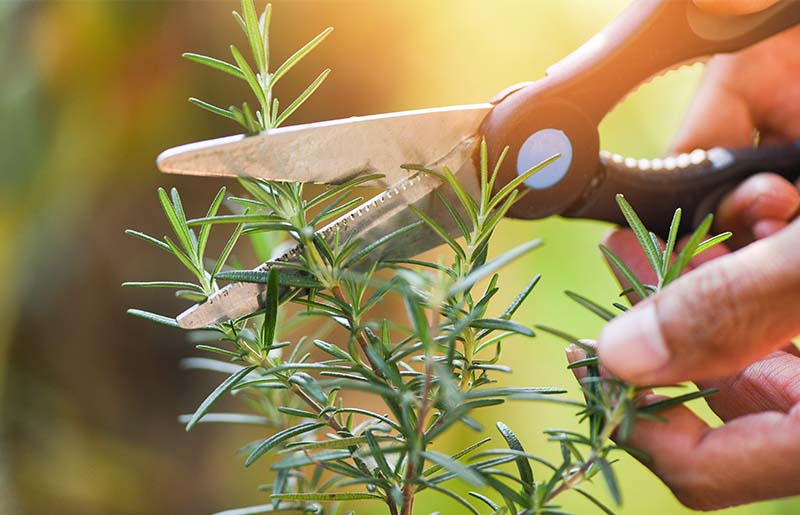
Fort Bend County Master Gardeners have compiled a comprehensive list of culinary herbs that are suitable for Fort Bend County. Take a look at this chart and make your plans today to start your very own herb garden!
Source: Fort Bend County Master Gardeners
 |
Tiffany Krenek has been on the My Neighborhood News team since August 2021. She is passionate about curating and sharing content that enriches the lives of our readers in a personal, meaningful way. A loving mother and wife, Tiffany and her family live in the West Houston/Cypress region.
|


